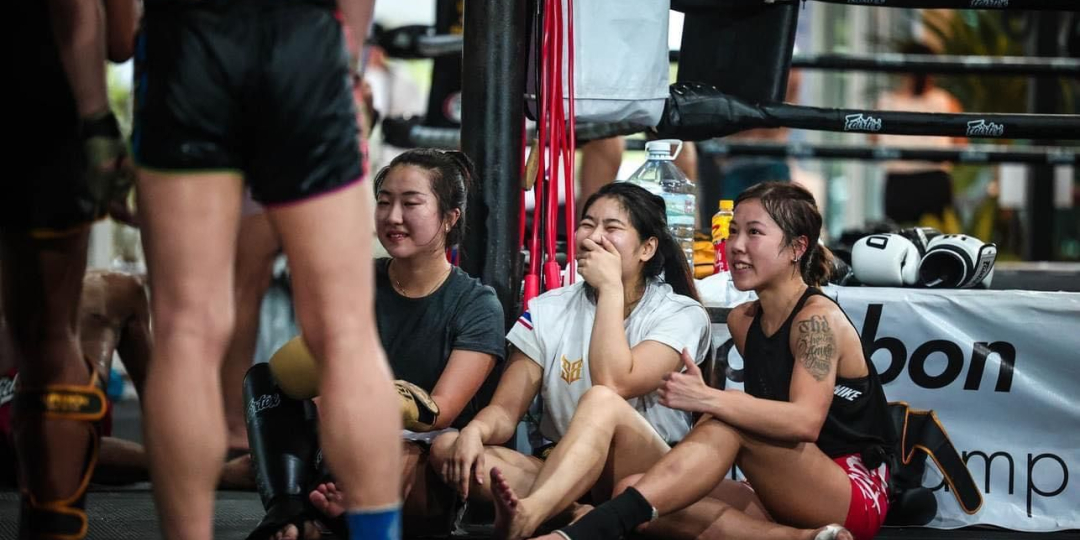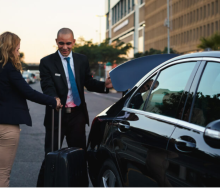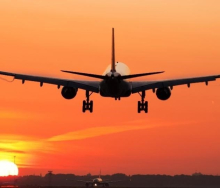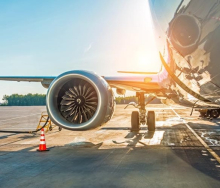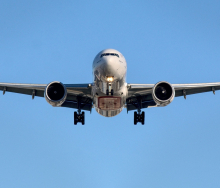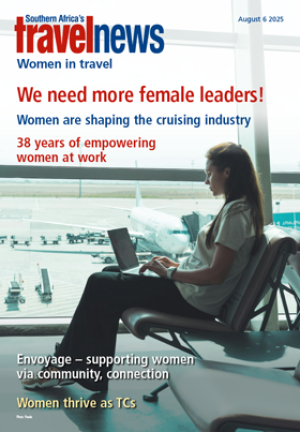The Thai government plans to issue visas to foreigners who want to learn traditional martial art of Thai boxing, Muay Thai.
Although a tourist visa allows foreigners to stay in Thailand for up to 60 days, the new non-immigrant education visa will allow them to stay for up to 90 days.
According to chiangraitimes.com, Srettha Thavisin, the Prime Minister of Thailand, and various heads of the government’s subcommittee, have made a push for sports-related activities and agreed to promote Muay Thai as one of the country’s ‘soft strengths’.
The government will promote it through the new Now Muay Thai website, which shows foreigners all the classes and courses throughout the country. It will also establish a standard level for the classes and accreditation for Muay Thai teachers to ensure the unique fighting art and its culture are propagated accurately.
Through the visa, travellers can enjoy a unique cultural and physical experience that immerses them in ancient martial art’s tradition, history, ethos, and values.
To be eligible for the visa, applicants must meet specific criteria set forth by the Thai authorities. Typically, they must enrol in a certified Muay Thai training programme offered by recognised institutions in Thailand. Applicants may also need to provide documentation such as a letter of acceptance from the training facility, proof of financial stability, and a clean criminal record. This is to ensure that visa holders are genuinely committed to engaging in a meaningful educational experience centred on the art of Muay Thai.
“We’re not only thinking of granting a special visa for Muay Thai, but also for other soft power activities such as Thai dancing, Thai music, and learning to cook Thai food,” Thavisin said in a post on X.
The Thai government plans to promote 11 other soft industries to create more than 20 million jobs and generate THB4 trillion (R2,14 trillion) per year, reports bernama.com.
They are tourism, festivals, sports, cuisine, film, music, art, literature, gaming, design, and fashion.
